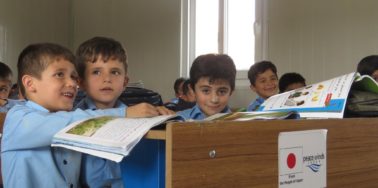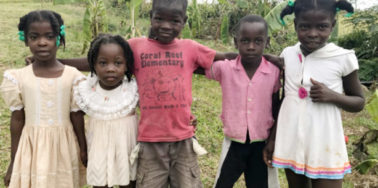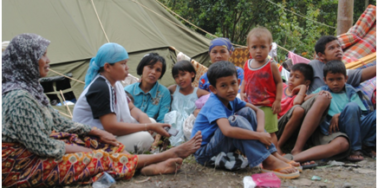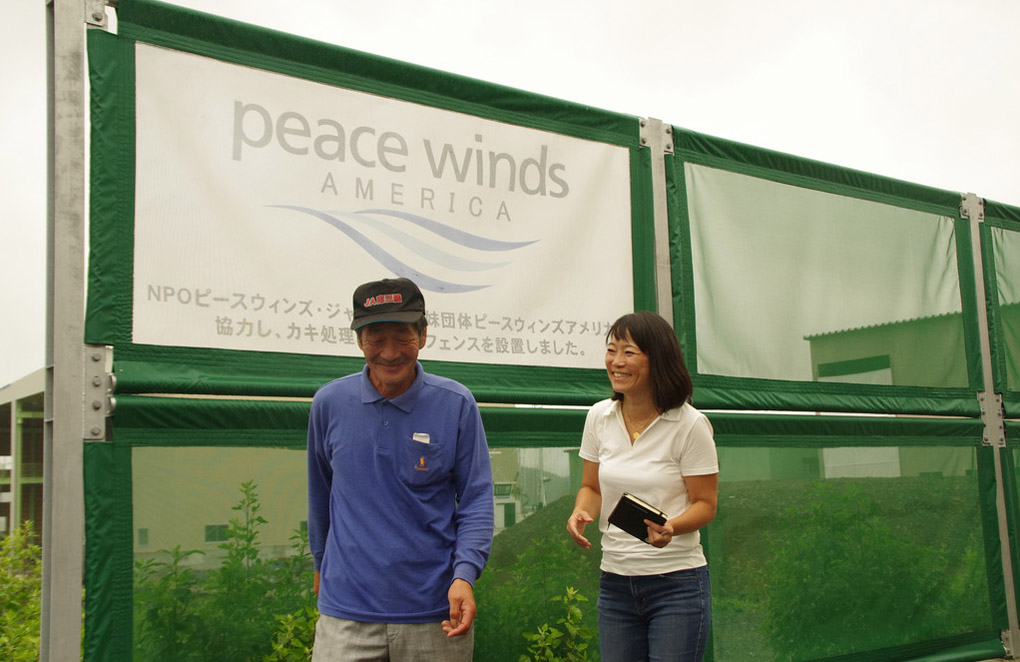About Us
Peace Winds has established itself as an international NGO with expertise in Japan and the U.S. responding to natural disaster and man-made crises throughout the world. Peace Winds Japan and Peace Winds America work with host nations, governments, militaries, NGOs, the U.N., foundations, the private sector, and individuals. Together Peace Winds prepares and responds with a “whole of society” approach. Response and mitigation programs have led to legislative and procedural changes, greater networking and connectivity among responders, and most importantly, improved results.
Peace Winds
- Responds rapidly to save lives and reduce suffering
- Improves access to shelter, water, sanitation, and basic needs
- Enables effective recovery, including livelihoods
- Provides “whole of society” preparedness and response training
Since 1996, Peace Winds Japan has targeted those most in need. The Middle East was the early recipient of relief assistance, consisting of medical supplies, shelters, water, school construction, and livelihood training. For more than twenty years, PWJ has provided assistance to internally displaced peoples and refugees throughout the world. Peace Winds America began in 2008 focusing on strengthening preparedness and response to natural disasters in the Asia Pacific.
Since 2016, the two NGOs—Peace Winds—prepare and respond together to natural disasters and man-made crises around the world.




